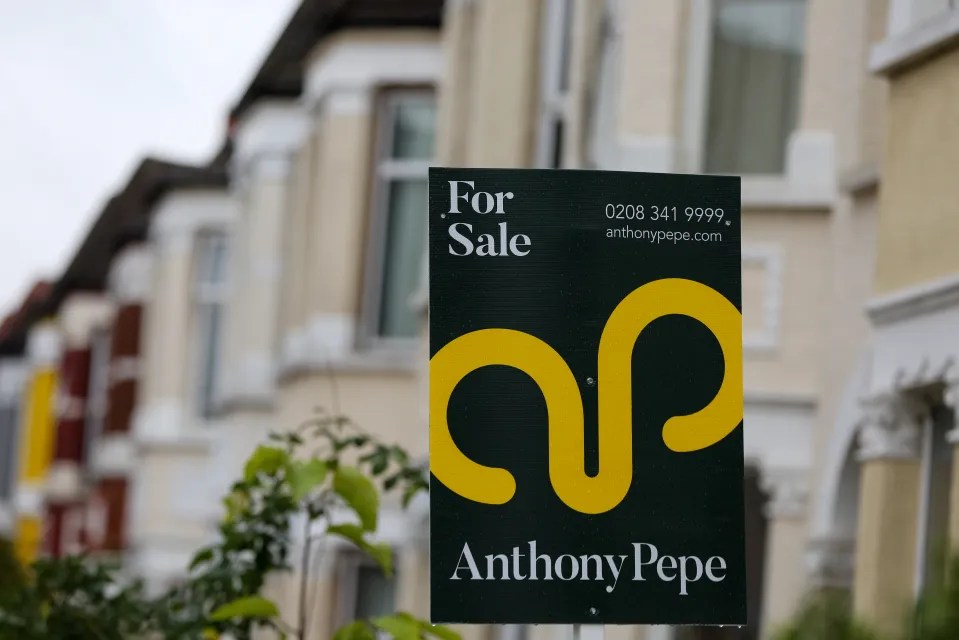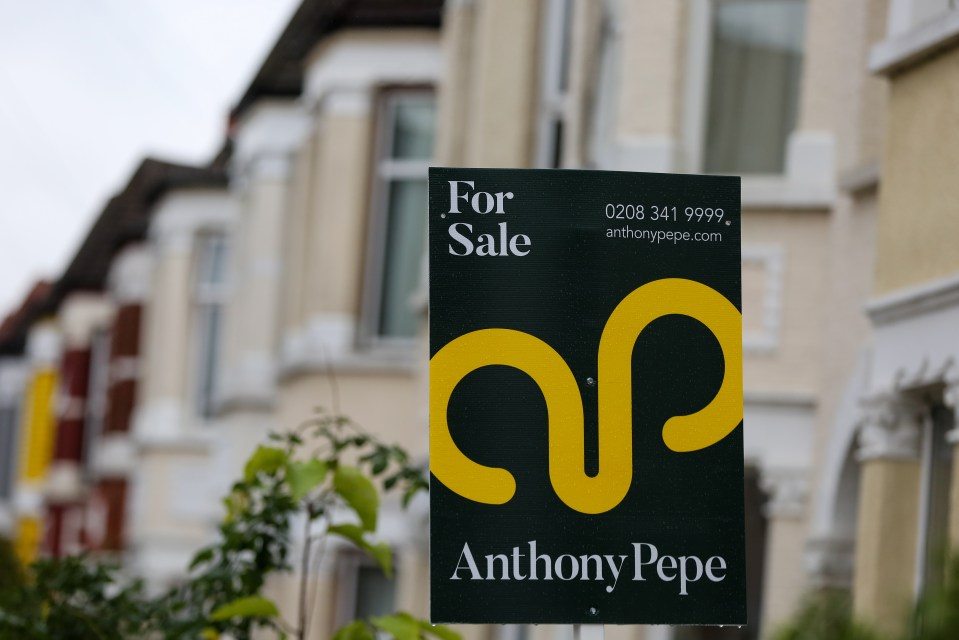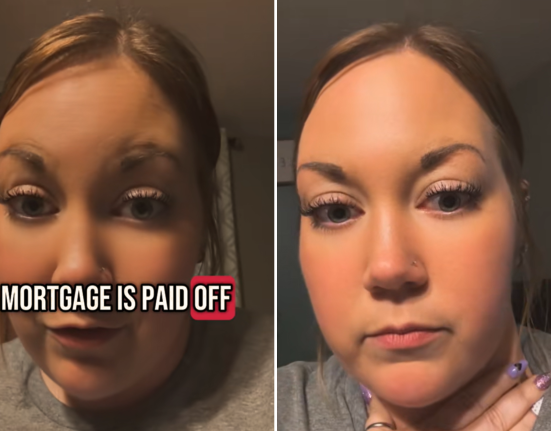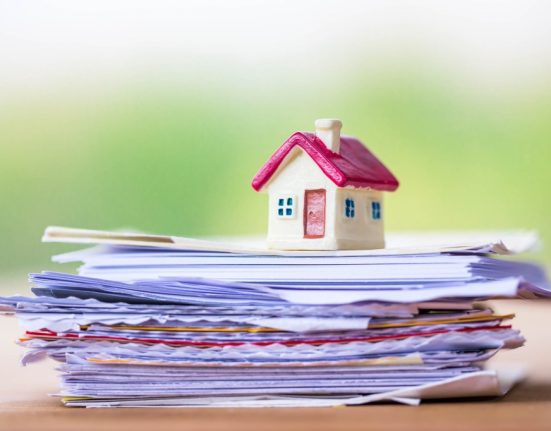MORTGAGE experts have weighed in on whether you should take a mortgage break if you’re struggling to pay your bills.
This is a type of agreement between you and your lender where you temporarily pause or reduce your payments.
If you are struggling with your monthly payments, it may seem like a tempting option and can help if you are facing a temporary drop in income.
But it is worth thinking about the pros and cons before you make any hasty decisions.
Who can apply for a mortgage holiday?
Banks have different criteria that you may need to meet to be eligible for the help.
For example, Nationwide rejects claims from customers who have been declined for a payment holiday in the last six months.
Sometimes to qualify for a payment holiday, you’ll need to have previously overpaid your mortgage.
That means paying more than your agreed monthly payments until you’ve built up enough credit to take a break.
If you are thinking of applying for a mortgage holiday, you will need to get in contact with your lender.
Simon Trevethick, head of communications at StepChange Debt Charity, said: “If you are struggling to keep up with your mortgage payments, before taking any action, it’s always worth getting advice from your lender and exploring all options.
“Mortgage lenders have a legal responsibility to treat borrowers who may be experiencing financial difficulty fairly and they can talk you through your options.”
What to consider before opting for a mortgage holiday
Your payments could increase long-term
Pausing payments on your mortgage does not stop interest from accruing.
Interest is the money you pay a lender in return for borrowing the costs to buy a home.
Nicholas Mendes, mortgage technical manager at John Charcol, said: “Interest continues to accrue during the payment holiday, which means that when your payments resume, they are likely to increase.”
To help with this, you can choose to extend the term of your mortgage to spread the cost of the missed payments and interest.
This means that you will be paying off the cost of your home for longer.
It could impact future lending options
One of the main concerns homeowners have is whether a mortgage agreement will affect their credit score.
Creditors and lenders consider your credit scores as one factor when deciding to approve you for a new bank account or mortgage.
Nicholas said taking a break from your mortgage generally does not “directly” harm your credit score.
However, he said lenders “may still be able to see that you have taken one, which could influence future lending decisions”.
That is because the payment holiday will still show up on your credit report, which may suggest to future lenders that you have faced financial difficulty recently.
But if you continue to keep up with your payments once the break ends, you should be able to cancel out any of the negative impact this has.
What other options are available?
A mortgage holiday is not the only option available to homeowners in difficulty.
Nicholas said that depending on the situation, lenders may agree to a temporary switch to interest-only payments.
This will allow you to make lower monthly payments, as you’re only paying off the interest on the loan, not the principal.
Nicholas added: “Another possibility is extending the term of the mortgage.
“This spreads payments over a longer period and lowers monthly payments, although it does mean paying more interest over the life of the loan.”
For those who are not yet in arrears, remortgaging to a more affordable deal with another lender could also be an option worth considering.
How to cut the cost of your debt
IF you’re in large amounts of debt it can be really worrying. Here are some tips from Citizens Advice on how you can take action.
Check your bank balance on a regular basis – knowing your spending patterns is the first step to managing your money
Work out your budget – by writing down your income and taking away your essential bills such as food and transport
If you have money left over, plan in advance what else you’ll spend or save. If you don’t, look at ways to cut your costs
Pay off more than the minimum – If you’ve got credit card debts aim to pay off more than the minimum amount on your credit card each month to bring down your bill quicker
Pay your most expensive credit card sooner – If you have more than one credit card and can’t pay them off in full each month, prioritise the most expensive card (the one with the highest interest rate)
Prioritise your debts – If you’ve got several debts and you can’t afford to pay them all it’s important to prioritise them
Your rent, mortgage, council tax and energy bills should be paid first because the consequences can be more serious if you don’t pay
Get advice – If you’re struggling to pay your debts month after month it’s important you get advice as soon as possible, before they build up even further
Groups like Citizens Advice and National Debtline can help you prioritise and negotiate with your creditors to offer you more affordable repayment plans.








